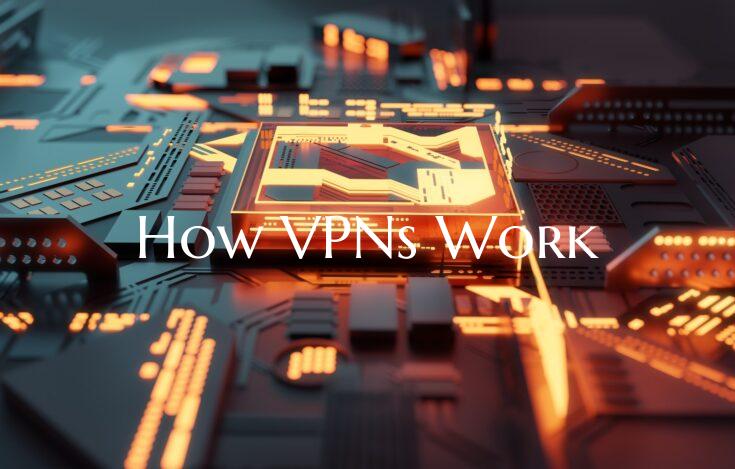How VPNs Work
Understanding How VPNs Work
A Virtual Private Network (VPN) is a powerful tool that enhances your online privacy and security by creating a secure, encrypted connection between your device and the internet. But how exactly do VPNs work?
1. Encryption: When you connect to a VPN server, all your internet traffic is encrypted. This means that even if someone intercepts your data, they won't be able to decipher it without the encryption key.
2. Masking Your IP Address: Your IP address is essentially your online identity, revealing your location and browsing history. With a VPN, your IP address is masked with the server's IP address, making it appear as though you are browsing from a different location.
3. Secure Tunnelling: VPNs use secure tunnelling protocols to create a private pathway for your data to travel through. This prevents hackers, ISPs, and other third parties from spying on your online activities.
4. Bypassing Geo-Restrictions: VPNs can help you bypass geo-restrictions imposed by websites or streaming services. By connecting to a server in a different location, you can access content that may be blocked in your region.
5. Enhanced Privacy: Since a VPN encrypts your internet traffic and masks your IP address, it adds an extra layer of privacy and anonymity to your online activities. This is especially important when using public Wi-Fi networks or accessing sensitive information online.
In conclusion, VPNs work by encrypting your data, masking your IP address, and creating a secure pathway for your internet traffic. By using a VPN, you can protect your online privacy, bypass censorship, and browse the web securely from anywhere in the world.

